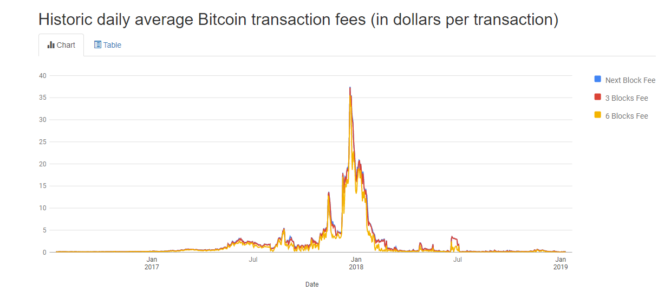Piracy in a different way: According to reports from Bitcoin developers and scene stars, the start-up VeriBlock could hijack up to twenty percent of Bitcoin transactions for Altcoins. This is inefficient and could become a veritable problem in the long run.
The deeper you dive into the crypto sphere, the more technical possibilities you will see. But not everything that can be done is always an advantage for the (Bitcoin-) network. The VeriBlock business idea probably also falls into this category. The idea: Bitcoin still has the largest accumulated hash power as crypto currency no. 1 and that's where something falls off - at least VeriBlock thought.
Without further ado, they invented a method called "Proof-of-Proof" that "makes it possible to take over the security of proof-of-work from other blockchains, thus creating an ecosystem in which the security starts from established blockchains like Bitcoin and extends to other blockchains".
At least that's what their white paper says. In plain language, VeriBlock hijacks block space on the Bitcoin block chain in order to cryptographically secure certain altcoins. This is of particular benefit to small coins, which would have long since passed over to the eternal hunting grounds without this measure due to an acute lack of hash power.
Although VeriBlock's hash piracy hasn't been on the network for long, there are more and more reports that the company is taking significant stakes in transactions. James Loop, Cypherpunk and CTO at CasaHODL, even speaks of 20 percent of the transactions that VeriBlock's misappropriation now accounts for.
"This block isn't big enough for both of us."
The merry-go-round of curiosities continues. Because Block Space is a valuable commodity on the small 1 MB Bitcoin blocks. The fact that the block memory can be highly competitive at times was shown at weddings of the last bull market. In times like these, transactions become really expensive for the time being: in December 2017, up to 40 US dollars had to be transferred to Miner for a (quick) confirmation of one's own transaction.

Storage cannibalism can't be of any use there. This makes the already scarce block space an increasingly rare - and thus expensive - commodity.
VeriBlock justifies the business model with the immense hash power of the Bitcoin network. According to the company, this is often many times higher than necessary and can therefore be squeezed out for alternative blockchain projects.
However, it is precisely this level of computing capacity in the network that gives Bitcoin its security. Increasing transaction fees due to an increasing misappropriation are, however, no longer mediable.
It remains to be hoped that hash piracy à la VeriBlock can be prevented in the near future - so far there is no remedy for this.
Original posted by BTC-Echo
Translated by georgontech
good
Posted using Partiko iOS